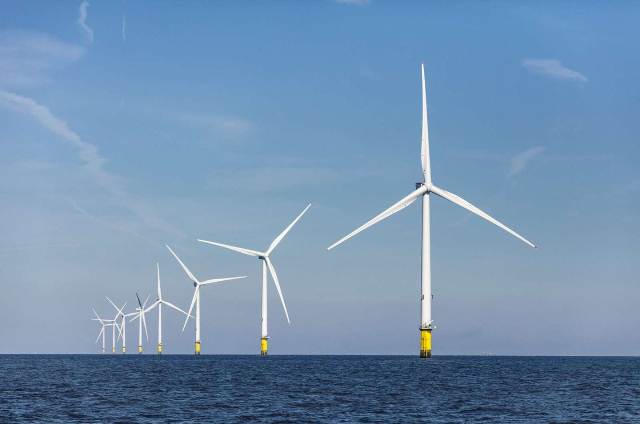Orsted, a global leader in renewable energy, has inked a memorandum of understanding (MoU) with Incheon Metropolitan City, Korea, aiming to catalyze the development of a robust offshore wind power industry in the region.
The partnership is poised to leverage Orsted’s expertise in the sector to propel the establishment of a thriving local wind power ecosystem, anchored by Orsted’s 1.6 GW offshore wind project situated off the shores of Incheon.
The agreement outlines a collaborative framework wherein Incheon City pledges to extend administrative support, encompassing efforts to enhance local awareness, foster understanding, and formulate policies and infrastructure conducive to offshore wind development.
The MoU was signed by Thomas Thune Andersen, Chair of Orsted’s Board of Directors, and Yoo Jeong-bok, Mayor of Incheon, at Orsted’s headquarters in Greater Copenhagen, Denmark. The event garnered notable attendance, with Lars Aagaard, Danish Minister for Climate, Energy & Utilities, and esteemed diplomatic representatives including Kim Hyung Gil, Korean Ambassador to Denmark, and Svend Olling, Danish Ambassador to Korea, gracing the occasion.
Thomas Thune Andersen, Chair of Orsted’s Board of Directors, expressed confidence in the collaborative endeavor, emphasizing Orsted’s commitment to nurturing a burgeoning offshore wind industry in tandem with Incheon City.
Yoo Jeong-bok, Mayor of Incheon Metropolitan City, hailed the partnership as a pivotal step towards decarbonization and sustainable growth. He envisaged the agreement as a catalyst for revitalizing the local economy, fortifying the supply chain, and propelling the region into a burgeoning hub for offshore wind power initiatives.
The flagship Incheon project, bolstered by a 1.6 GW electricity business license (EBL) issued by the Ministry of Trade, Industry & Energy of the Republic of Korea, is poised to emerge as a cornerstone in Korea’s net-zero transition. Set to be situated 70 km off the coast of Incheon, the project holds the promise of generating renewable energy equivalent to powering over 1 million Korean households while curtailing carbon emissions by approximately 4 million tonnes annually.
Looking ahead, Orsted’s focus will center on conducting environmental impact assessments, site investigations, and gearing up for participation in Korea’s annual fixed-price wind auction, with the project anticipated to reach completion in the early 2030s, subject to requisite approvals and investment decisions.

